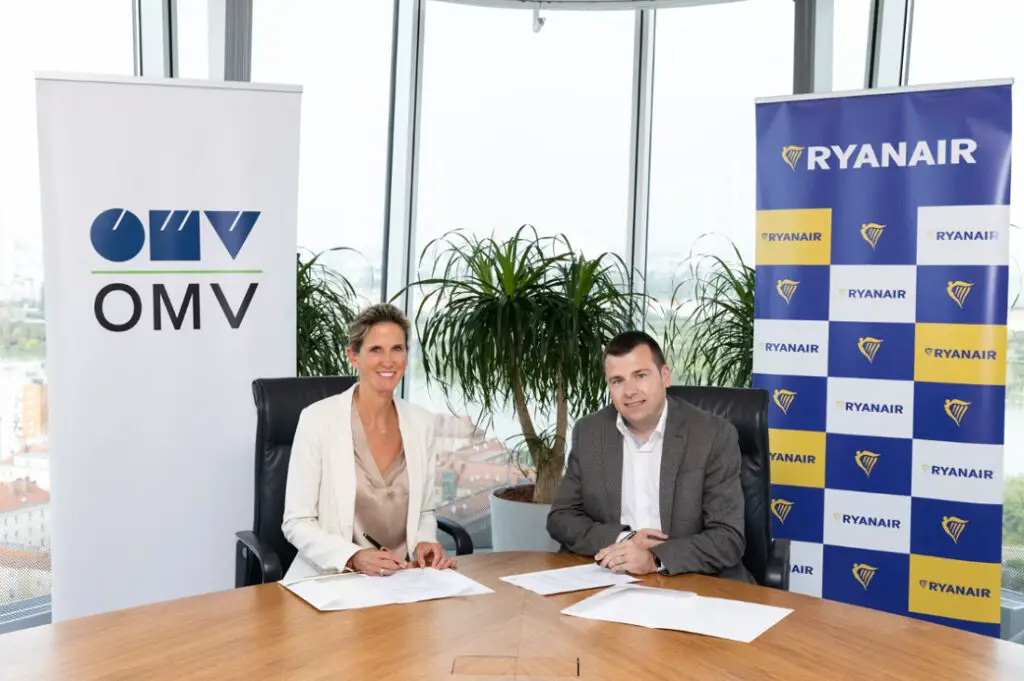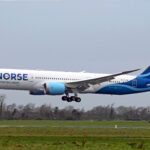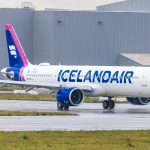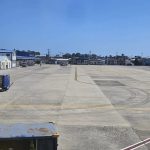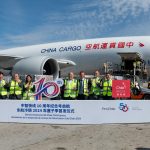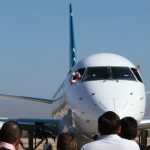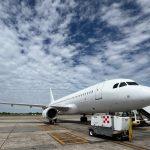Ryanair, Europe’s largest low-cost airline, today signed a memorandum of understanding (MoU) with OMV, an integrated international oil, gas and chemicals company based in Vienna.
Under the agreement, OMV will supply sustainable aviation fuel (SAF) for Ryanair’s operations at airports in Austria, Germany and Romania. The document provides for the supply of up to 160.000 tonnes (53 million gallons) of SAF over the next eight years.
According to a Ryanair’s press release, the measure will prevent the emission of up to 400.000 tonnes of carbon dioxide into the atmosphere over that period. Previously, Ryanair had already stated a target of using 12.5% of SAF in its operations by 2030 and achieving net zero emissions twenty years later, in line with other major airlines’ commitments.
In addition, OMV will partner with the Aviation Sustainability Research Centre at Trinity College of Dublin to work on research and development of sustainable fuel solutions for the industry.
«This memorandum of understanding is a great opportunity to accelerate both companies’ sustainability efforts», said Nina Marczell, OMV’s Vice President of Aviation, Fuels Distributors & Public Sector. «Sustainable aviation fuel significantly reduces carbon dioxide emissions, and we are delighted to collaborate with a strong partner like Ryanair and to provide solutions for the sustainable development of the aviation industry», she added.
One of the best alternatives in the short term, but with prices that are not yet competitive
The deal was confirmed against a backdrop of fuel shortages and rising fuel prices across the board. Disruptions in supply chains, the consequences of the war in Ukraine and the recovery of industry, which is demanding more fuel, have put strains on the system.
In this context, sustainable fuels could become more attractive. However, production and supply levels of these alternative materials are still far from the level that would allow them to be depreciated and become viable alternatives to traditional fossil fuels.
However, many stakeholders are working hard on the development of SAF solutions for aviation. With operators looking for alternatives to reduce their emissions and regulators exerting more pressure in this regard, significant growth in production can be expected in the short to medium term.
It is also one of the most viable alternatives to achieve a reduction in the environmental impact of aviation in the near future, thanks to its adaptability to existing ground infrastructure and aircraft engines currently in service.
See also: Ryanair partners with Neste Holland to fuel its flights from Amsterdam with 40% SAF blend

